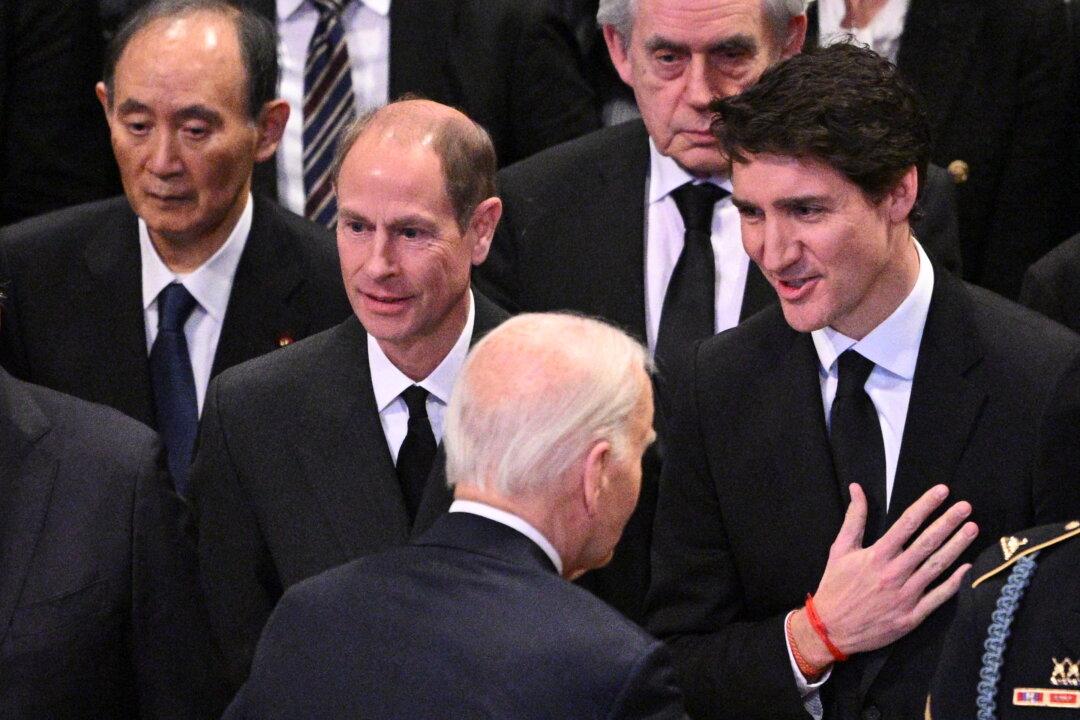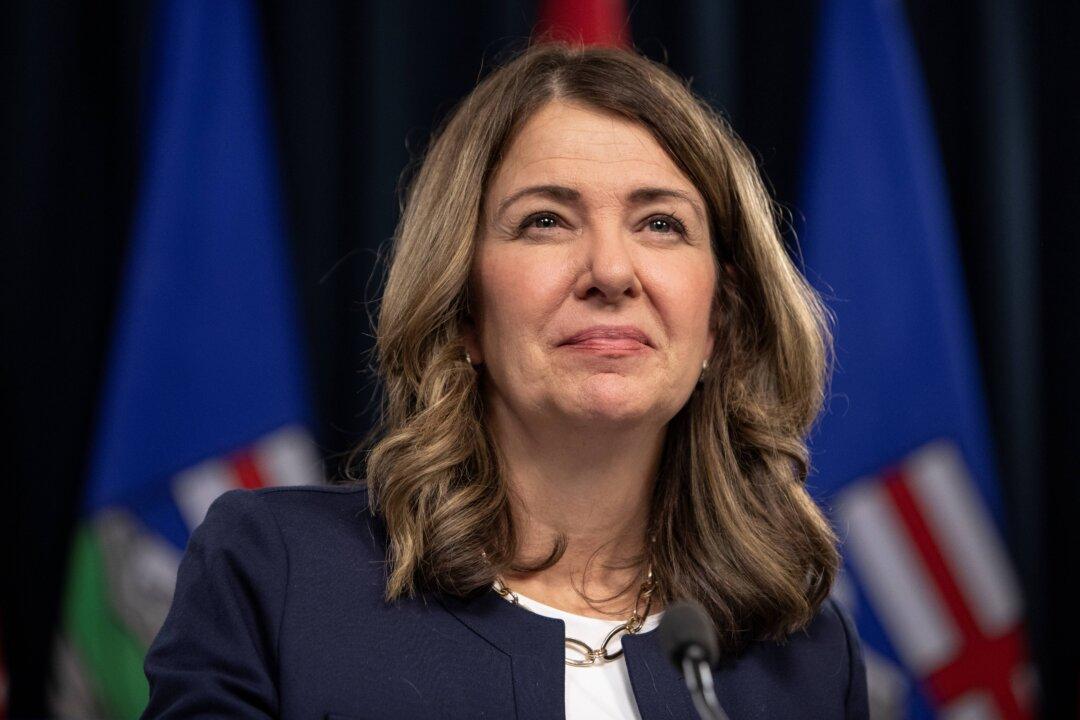Prime Minister Justin Trudeau told CNN that despite incoming President Donald Trump’s repeated talk of Canada becoming the 51st state, it is “not going to happen” and the comments are part of a strategy to distract from 25 percent tariffs that would also harm Americans.
“Canadians are incredibly proud of being Canadian,” Trudeau said in the Jan. 9 interview where he also spoke about U.S. tariffs, his plan to resign, and the California wildfires.





